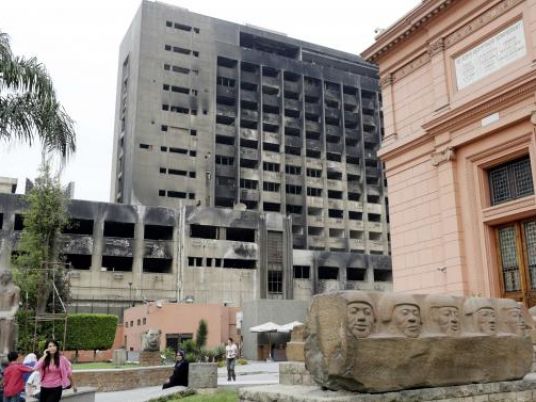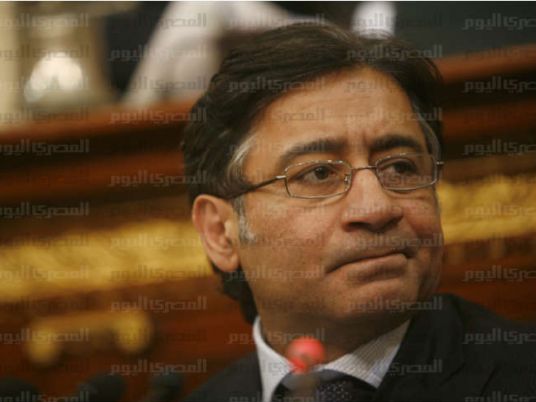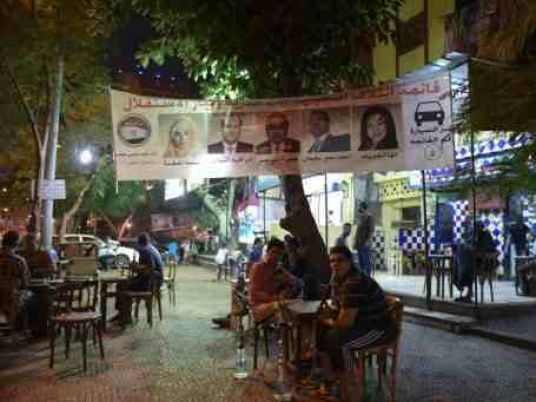Politics has always been more about performance than reality. Even in countries where public opinion can sway election outcomes, image is everything. In the United States, Obama’s Democrats were dealt a heavy election blow earlier this month because the White House and the president’s party were unable to rebuff a public image of ineffectiveness despite passing more significant bills than its immediate predecessor–from stem cell research to healthcare reform.
Alternatively, one prospective Republican candidate from Nevada, Sue Lowder, was defeated when a candid comment she made about poor families exchanging chickens for medical services at doctors’ offices was featured in a music video that ridiculed her. Most of these successes and blunders in image management exist in a highly competitive field monopolized by only two voices.
The legitimacy of the American elections derives from the state's ability to convince the public that the race is competitive. Despite the egregious blemishes in the American system, the national populace is generally sold on the theatrics of the elections. In Egypt, efforts to persuade the public into believing their elections on 28 November will be competitive and representative have fallen completely flat.
Since 2005, Egyptian elections have been marred by more than just violence. As the country has grown increasingly acquainted with seemingly competitive political competitions, the majority have yielded the same results with only minor victories for any opposition group. It is evident to almost all opposition parties in this election that this is a competition between the sanctioned groups. Not only are most alternatives to the ruling National Democratic Party (NDP) too embattled to compete on a level playing field, the field itself is rife with obstacles for any party hoping to contest the NDP’s hegemony. Of the parties that decided to participate, most are now heavily disadvantaged due to intimidation, silencing and, in the case of the Muslim Brotherhood, waves of arrests. The political climate in Egypt is not conducive to civic participation and few believe this election will be anything other than a staged performance. So what is the point of voting?
The alternative to voting would be a boycott. Called for by several political blocs, boycotts should not be judged by their effectiveness in reforming the political system–surely that would be an unreasonable yardstick. Instead, the boycotters aim to draw attention to the illegitimacy of the election structure itself. Of course, the regime claims this boycott is indicative of these groups' inability to field successful candidates and shows how empty their platforms are. In reality, these groups hope that by not participating they can delegitimize the elections, expose their farcical nature, and insist that under free and fair elections the outcome would be different.
Every good election performance needs an audience. Once again, the regime has decided that only few would watch the final cut and the rest should be content with just the trailer. The monitoring procedures in this election are embarrassing, if not catastrophic. The monitors are not impartial. Many civil society groups have been denied monitor status without justifiable reason and the rules governing their work do not meet international standards. In fact, just two days ago, Al-Sayed Abdelaziz, the head of the High Elections Commission (HEC), declared that “authorized” civil society groups can only "follow" the elections rather than “monitor” them. So yes they will be able to do their job if that job is primarily to turn a blind eye to the blemishes in the electoral process.
In previous elections, the degree of fraud has been astounding: from blocking access to voting stations, to buying votes, to busing state employees en masse to vote for the NDP, to outright ballot stuffing. All this has been documented meticulously by individuals and human rights groups. So this may not be a new show audiences will be missing, but rather a tired and redundant replay of a less than captivating classic film, where the “protagonist” always prevails unanimously.
Despite the overwhelmingly large backstage curtain that shields people’s concerns from the political process, we can still hear the cacophonous voice of an Egyptian people. Their issues are simple and urgent–such as food, water and electricity. The election is coming on the heels of one of the most miserable Eid-Al-Adha seasons in recent memory. At a time when animals are sacrificed for communal consumption, few can afford to eat them this holiday season. So much so that some some candidates have been wooing supporters by offering them meat.
These elections should be a referendum on the disparities between rich and poor. It should be an opportunity to revisit the hyperbolic discourse about Egypt’s record-breaking economic progress. The glowing economic and financial indicators that Youssef Boutros-Ghali celebrates include "direct foreign investment" but not hunger, rising unemployment and average cost of living. The economic progress that Egyptian leaders speak of is the dominion of a cadre of wealthy elite, not the masses. So while Egypt might look good on paper, it is wilting from within. It is time we see past the glossy trailer and watch the grainy gritty full feature.
Adel Iskandar is a media scholar and lecturer at Georgetown University. His column appears every other Thursday.



